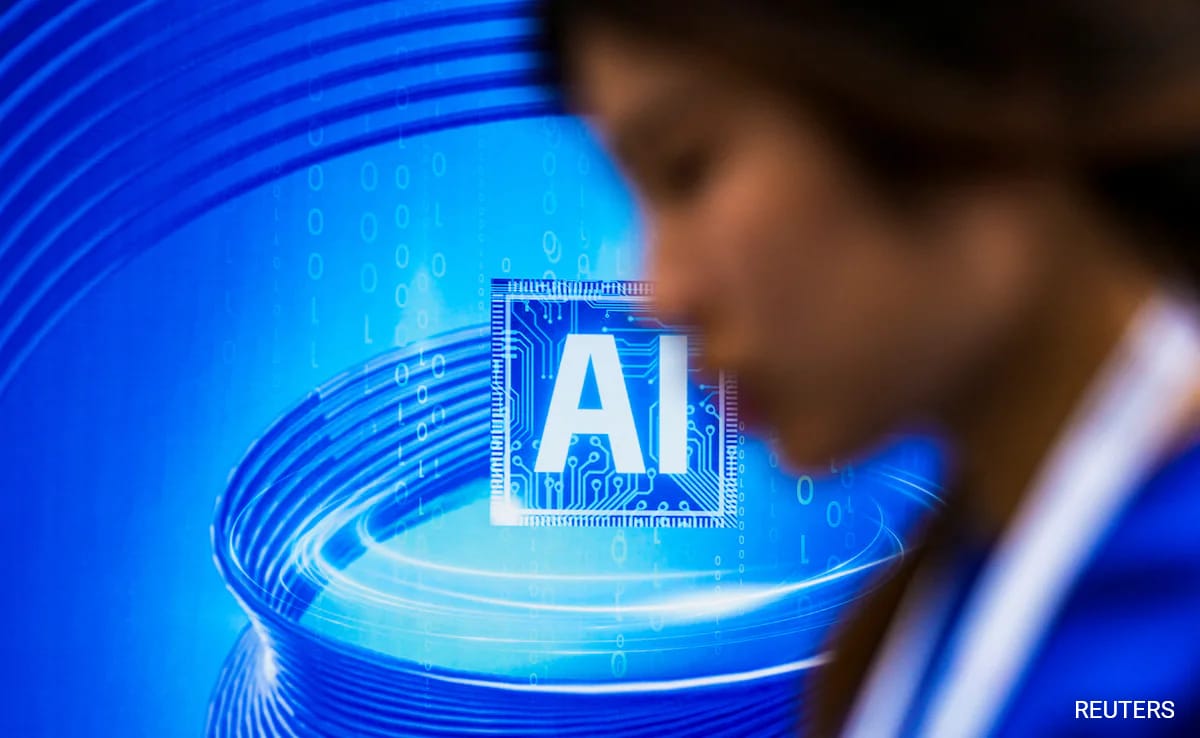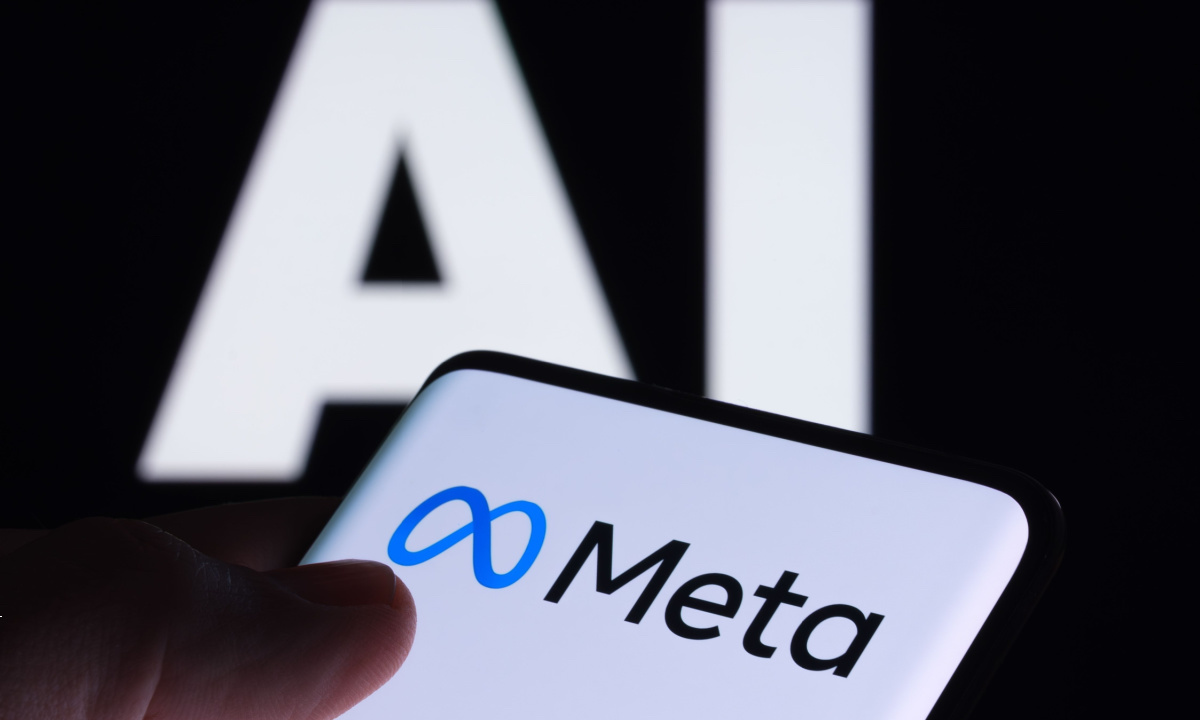The emergence of Web3 marks a significant shift in the internet landscape, offering a more secure and user-centric online environment. However, the intricate nature of blockchain technology poses a significant obstacle to its widespread acceptance.
The technical intricacies of blockchain have been a major hindrance to the mainstream adoption of Web3. This complexity has been implicated in various setbacks within the ecosystem, with FTX’s collapse being a prominent example. In a recent post by John Wang on X (formerly Twitter), he highlighted the challenges faced by jurors in the aftermath of such incidents, underscoring the pressing need to educate and onboard individuals effectively. Wang expressed his dismay, stating, “Seeing the jury made me realize how far we have to go in educating and onboarding normal individuals. Blockchain UX is still a joke.”
Artificial Intelligence (AI) emerges as a crucial element in simplifying Web3 for everyday users and bridging the gap between innovation and usability.
Unpacking the Complexity of Web3
Web3 represents a paradigm shift towards an internet where users have control over their data, identities, and transactions through blockchain technology. Despite its transformative potential, the complexity involved in understanding and engaging with Web3 platforms has limited their accessibility to a broader audience. The lack of user empowerment in comprehending these technologies can lead to instances where trust is misplaced in institutions, as evidenced by the FTX case. The intricate processes of managing digital wallets, interacting with smart contracts, and navigating decentralized applications (dApps) can be overwhelming for novices, creating a disconnect between the theoretical potential of Web3 and its practical implementation.
AI Streamlining Smart Contracts
Smart contracts, which are self-executing agreements encoded with predefined conditions, play a pivotal role in blockchain technology. They automate contract enforcement without intermediaries, enhancing transaction efficiency, transparency, and security. Smart contracts underpin various blockchain applications, facilitating trustless agreements and automated transactions across industries like finance and supply chain management.
AI, leveraging its capabilities in Natural Language Processing (NLP) and Machine Learning (ML), offers a beacon of hope in simplifying user interactions with smart contracts. By integrating AI technologies into Web3 platforms, the user experience can be revolutionized to prioritize simplicity, intuition, and accessibility.
Maika Isogawa, the founder and CEO of Webacy, emphasized the potential of AI-driven NLP models in making complex smart contracts more comprehensible to the general public. However, she cautioned about the inherent risks and biases in AI systems, stressing the importance of implementing checks and balances to ensure the long-term safety and fairness of such systems.
Enhancing User Interface with AI
Many users grapple with the complexities of Web3. Machine learning algorithms offer a solution by analyzing user behavior to personalize experiences, provide tailored recommendations, and automate transactions based on individual preferences and patterns.
Several companies are at the forefront of integrating machine learning algorithms to enhance the user experience within Web3, aiming to simplify complexities and customize services according to user preferences. These initiatives address the challenge of incorporating smart contracts into blockchain platforms while making interfaces more intuitive and user-friendly through AI-driven personalization.
Fetch.ai FET, Fetch.ai, SingularityNET AGIX, and Brave: Transforming the Web3 Experience
-
FET: FET is developing a machine learning platform for diverse sectors such as finance, transportation, and energy. By employing autonomous agents on the blockchain, Fetch.ai streamlines decision-making processes and transactions, enhancing the intuitive nature of the Web3 experience.
-
SingularityNET AGIX: This platform establishes a marketplace for AI services, enabling users to create, share, and monetize AI services at scale. By leveraging blockchain for transactions, SingularityNET AGIX tailors AI services to meet user needs effectively.
-
Brave: Known for its privacy-centric browser, Brave has ventured into Web3 with features like Brave Rewards and the Basic Attention Token. By integrating blockchain for advertising and content monetization, Brave utilizes machine learning to personalize user experiences while prioritizing privacy.
Brian Bondy, the CTO and co-founder of Brave, emphasized the company’s commitment to empowering users and safeguarding their privacy through machine learning-driven advertising platforms.
Strengthening Security with AI
AI plays a crucial role in enhancing security and fraud detection within Web3 platforms, particularly as they become prime targets for malicious activities. By analyzing patterns and detecting anomalies indicative of fraudulent behavior, AI bolsters the security infrastructure of blockchain networks. This proactive approach enables Web3 platforms to preemptively identify and address security threats, fostering a safer environment for users and instilling trust in blockchain technology.
Quantstamp and Chainalysis are notable examples of companies leveraging AI for security within the crypto space. Quantstamp conducts security audits for smart contracts and blockchain networks using AI algorithms to identify vulnerabilities. On the other hand, Chainalysis provides comprehensive blockchain data analysis tools to detect fraudulent transactions and ensure regulatory compliance, thereby fortifying the security and integrity of Web3 applications.
POG Digital: Innovating Fraud Detection in Gaming
POG Digital, an interoperable gaming ecosystem by THE WORLD POG FEDERATION™, has integrated AI Game Agents to enhance gameplay integrity and combat fraudulent activities. The CEO and founder, Kyler Frisbee, brings expertise from Google and Unity Technologies, where AI was pivotal in enhancing gameplay experiences.
Kyler emphasized the critical role of AI Game Agents in ensuring fair gameplay and fraud detection within POG Digital’s ecosystem, especially with the incorporation of web3 assets and digital collectibles.
Impact on Adoption
The fusion of AI with Web3 not only enhances technical capabilities but also facilitates broader accessibility to blockchain technologies. By streamlining user experiences and reducing entry barriers, AI has the potential to drive widespread adoption of cryptocurrencies.
Despite the promising outlook, challenges such as scalability, data privacy, and the establishment of standardized AI frameworks for blockchain applications need to be addressed. Overcoming these hurdles will pave the way for a user-friendly Web3 ecosystem empowered by AI technologies.
The Convergence
AI serves as a pivotal force in bridging the gap between the complexities of Web3 and the aspiration for a user-centric internet. As AI continues to evolve and integrate with Web3, the impediments to widespread adoption gradually diminish, ushering in a future where the full potential of the web is accessible to all. While the journey towards this future is just commencing, the collaboration between AI and Web3 promises a digital landscape that is inclusive, empowering, and welcoming to a diverse range of users.










